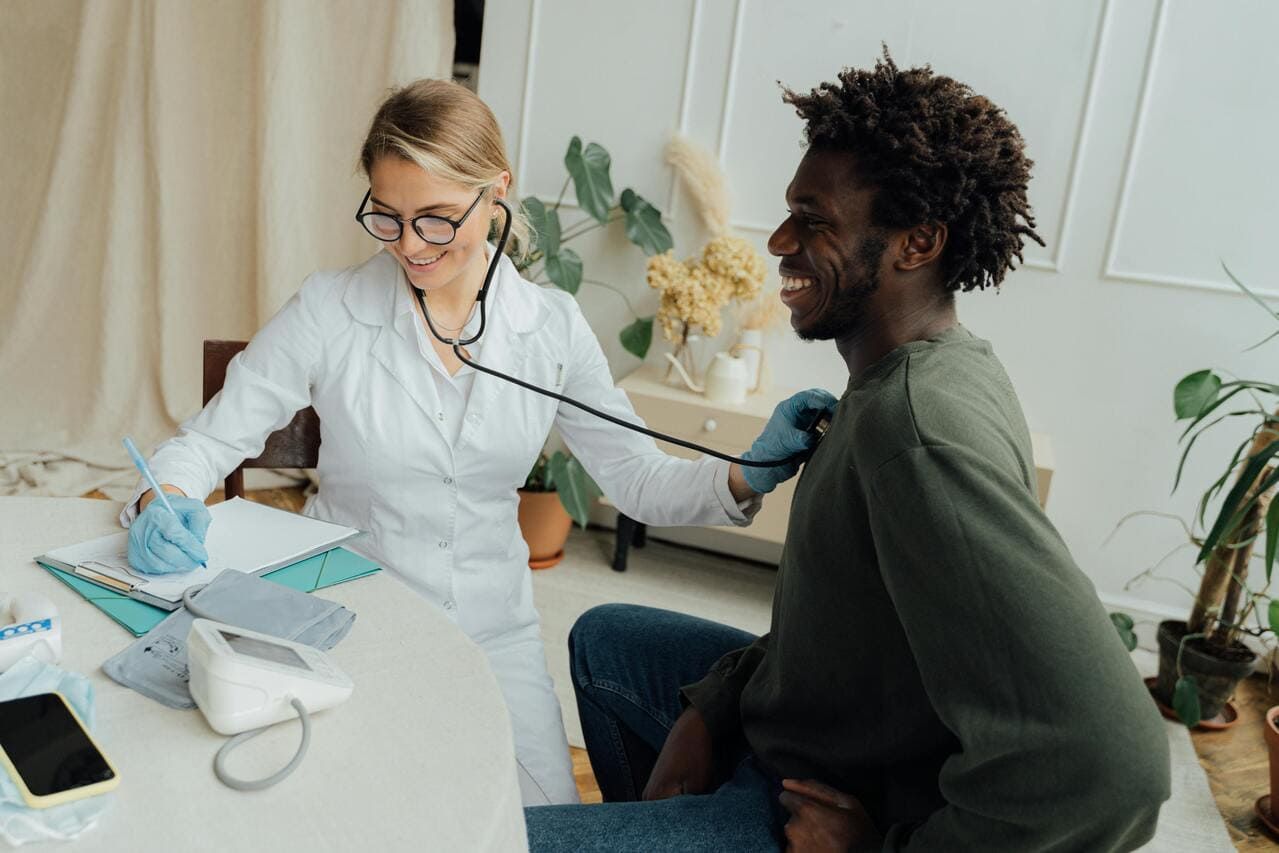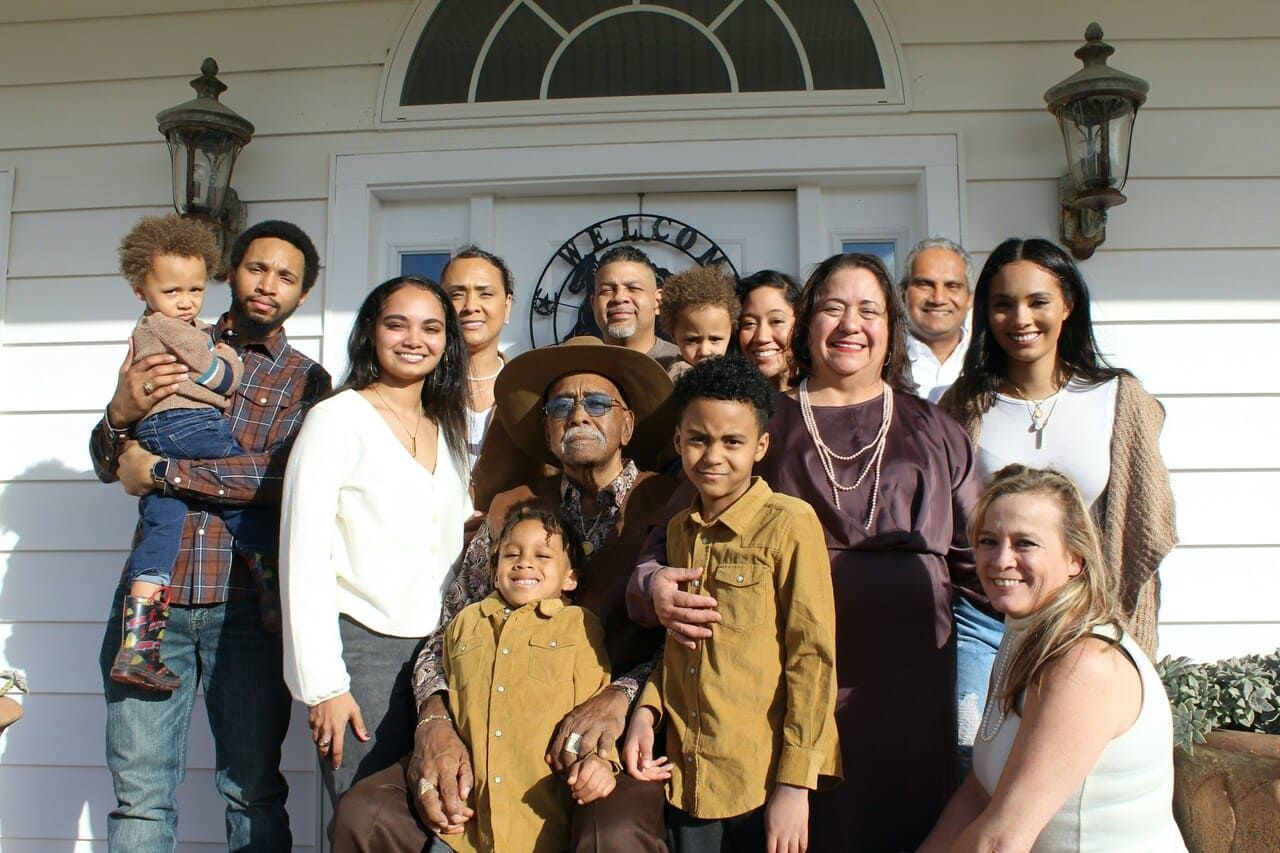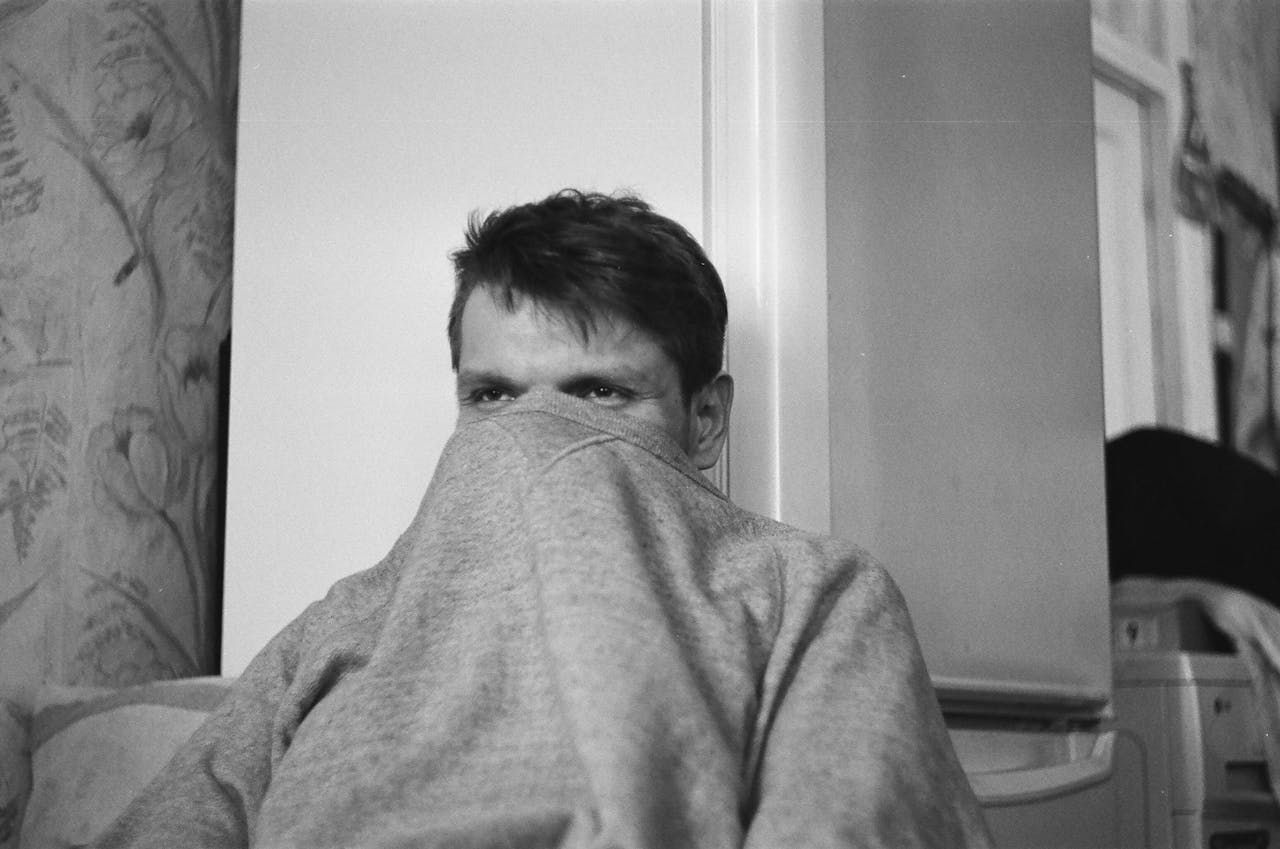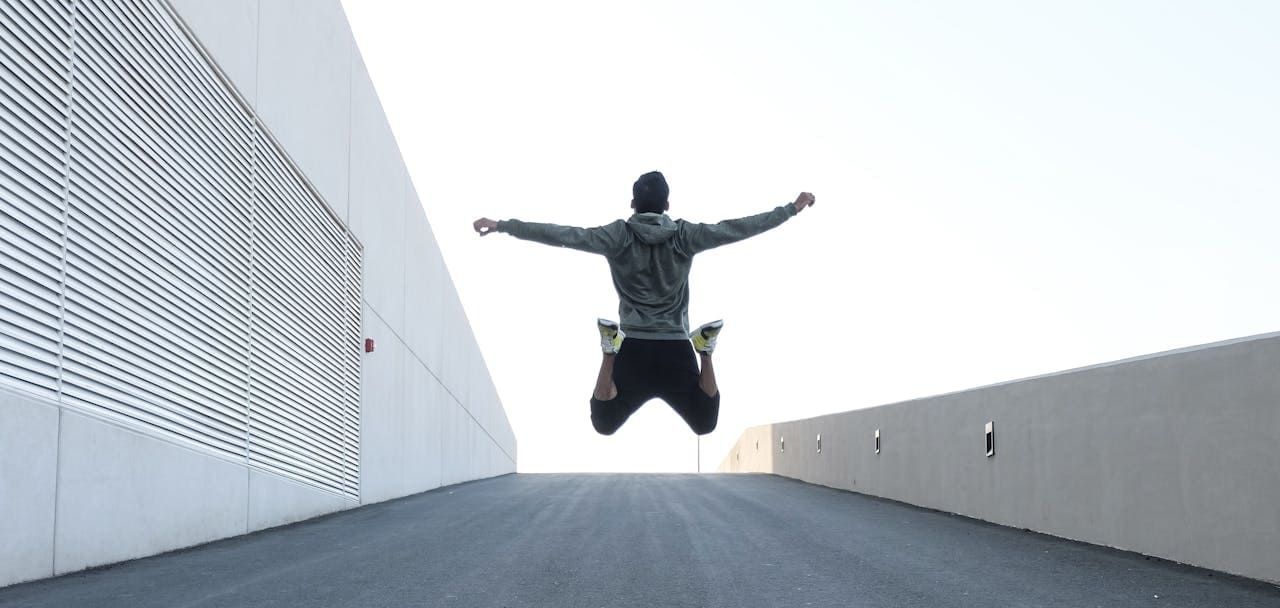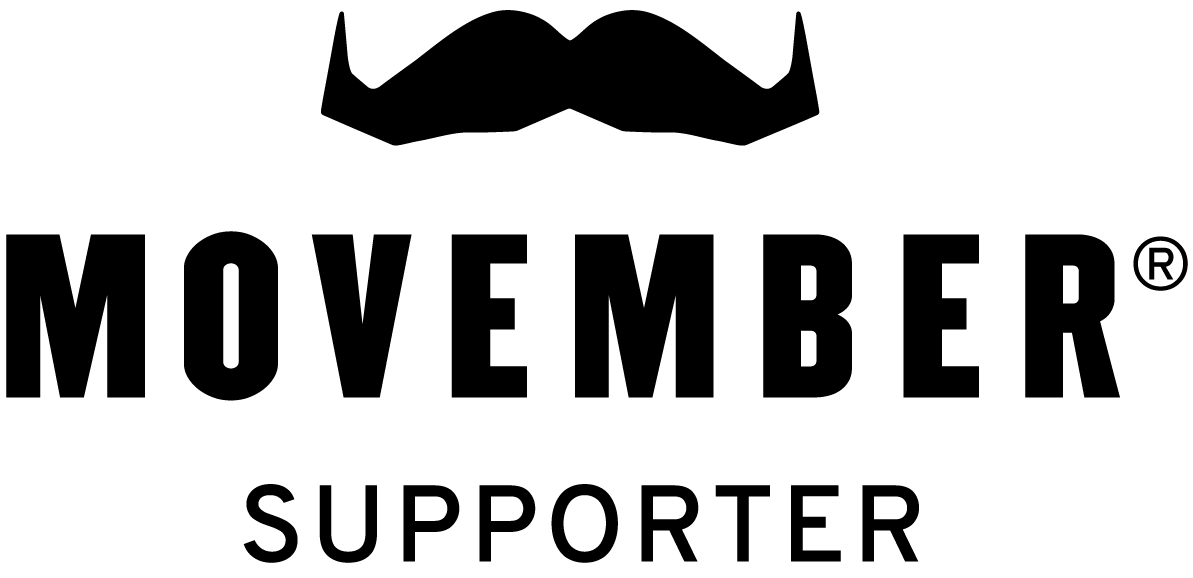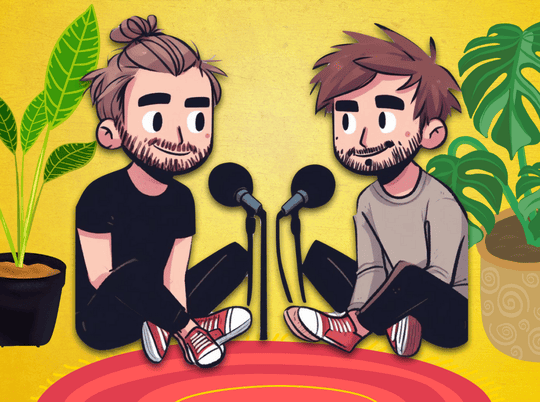Did You Grow Up With Love Being A Transaction?

There’s a moment we all face, though we might not admit it out loud: someone tells you, “I love you,” and your gut reaction is, What do you want from me? Sound familiar? If it does, you’re not alone. Nikki, the latest team member of Hearts Wide Open, a passionate psychologist and mindfulness artist, explains this as a response rooted in survival instincts, often shaped by how we grew up learning to give and receive love. Listen to Nikki's full story on episode #40 of the Hearts Wide Open Podcast.
For many men (and women too), formative years are a battleground where love and worth are intertwined with performance. Maybe love felt like a transactional thing—a trade-off of affection for achievements, or attention for behaving a certain way. If you grew up hearing, “I’m proud of you” only after acing a test or scoring a goal, it’s easy to see why the idea of unconditional love might feel foreign. Love becomes a give-and-take equation: if you give me this, I’ll give you that. But when love feels like a transaction, the price often feels too high.
Guarding Against Connection
Fast forward to adulthood, and those patterns from childhood often follow us. You might find yourself keeping others at arm’s length, unsure whether their kindness is genuine or a setup for future demands. Maybe you’ve mastered the art of deflecting deep questions, steering conversations toward safe topics like work or sports.
Or maybe you’re someone who needs to know where people are—literally. Checking in becomes your way of controlling the relationship, not out of care but out of fear. It feels safer to ask, “Where are you?” rather than “How are you feeling?” because emotions are messy, unpredictable, and vulnerable—and let’s face it, vulnerability can feel like a trap.
Why We Close Off
When you’ve been hurt or taught to equate love with effort and earning, closing off feels like a defense mechanism. For many of us it feels safer to build walls than to risk being seen, misunderstood, or rejected, Nikki explains. But here’s the thing: those walls don’t just keep pain out—they keep love out too.
Opening back up doesn’t mean tearing down every wall overnight. It’s a
gradual process, like learning to stretch muscles you’ve kept tense for years. And yes, it can be uncomfortable, even awkward. But the alternative—staying stuck in isolation—is far more painful in the long run.
How to Rebuild Trust and Open Up Again
- Start Small: Vulnerability doesn’t mean pouring your soul out to everyone you meet. Begin with
low-stakes interactions. Practice sharing a bit more with a close friend or partner—maybe about your day or even a childhood memory.
- Shift Your Focus: Instead of asking, “What does this person want from me?” try asking,
“What does this person mean to me?” Reframing your perspective can help you see relationships as opportunities for connection rather than obligations.
- Check In with Yourself: Notice when your first reaction to love or kindness is suspicion. Pause, take a breath, and ask yourself,
What am I afraid of here?
Awareness is the first step to change.
- Be Curious, Not Controlling: Instead of needing to know where someone is, practice asking how they’re feeling. This
shift from control to curiosity invites deeper conversations and shows others you value their inner world.
- Reframe Vulnerability:
See it as strength, not weakness. It takes courage to say, “I’m struggling” or “I need help,” but those admissions can pave the way for authentic connections.
- Seek Support: Opening up doesn’t have to be a solo mission. A therapist, coach, or even a trusted mentor can help you unpack the beliefs holding you back and guide you toward healthier ways of relating.

Love Isn’t a Transaction
At its core, love isn’t something you earn—it’s something you accept. The first step in opening back up is recognizing that you’re worthy of love, not because of what you do, but simply because you exist. It’s not about tearing down all your walls at once; it’s about learning to let the right people in, one brick at a time.
And maybe next time someone says, “I love you,” you’ll be able to reply with something other than suspicion. Maybe it’ll be a quiet, Thank you. Or even a bold, I love you too.
Tamara <3
